As a student, you're probably no stranger to tight budgets and busy schedules. However, have you ever thought about the impact your food choices have on the environment and your wallet? In this blog, we'll explore how you can reduce food waste and why it's crucial for both your finances and the planet.
The Importance of Reducing Food Waste
Environmental Impact: Food production consumes vast amounts of resources, from water and energy to land and labor. When food goes to waste, all those resources are also wasted, contributing to environmental issues like deforestation and climate change.
Economic Savings: Reducing food waste can lead to significant cost savings for students. By utilizing what you buy efficiently, you can cut down on grocery expenses and make your budget go further.
Hunger Reduction: Reducing food waste means more food available for those in need. When you throw away edible food, you're essentially taking food from the mouths of those who are hungry.
8 Tips to Reduce Food Waste
Plan Your Meals: Before hitting the grocery store, plan your meals for the week. Make a list of what you need and stick to it. This prevents impulsive purchases and ensures you only buy what you'll use.
Understand Expiry Dates: Learn the difference between "use by" and "best before" dates. "Use by" dates indicate food safety, while "best before" dates indicate optimal quality. Many foods are still safe and tasty after their "best before" date.
Proper Storage: Store perishable items like fruits, vegetables, and dairy products properly to extend their shelf life. Use airtight containers, and keep your fridge and pantry organized.
Portion Control: Be mindful of portion sizes when cooking. Cooking too much can lead to leftovers that may go to waste.
Embrace Leftovers: Instead of tossing leftovers, get creative with them. Leftover veggies can become stir-fries or omelets, and yesterday's rice can be transformed into a tasty fried rice dish.
Use Your Freezer: If you can't finish something before it goes bad, freeze it for later use. This works well for items like bread, meat, and sauces.
Composting: If you have access to composting facilities, consider composting your food scraps. Composting reduces methane emissions from landfills and enriches soil.
Donate Surplus: If you have non-perishable items or unopened food that you won't use, consider donating it to a local food bank or shelter.
Reducing food waste is a small but impactful step you can take as a student to contribute to a healthier planet, save money, and help those in need. By adopting mindful grocery shopping habits, proper storage practices, and creative cooking methods, you can significantly reduce the amount of food that ends up in the trash. It's a win-win for both your wallet and the environment.

